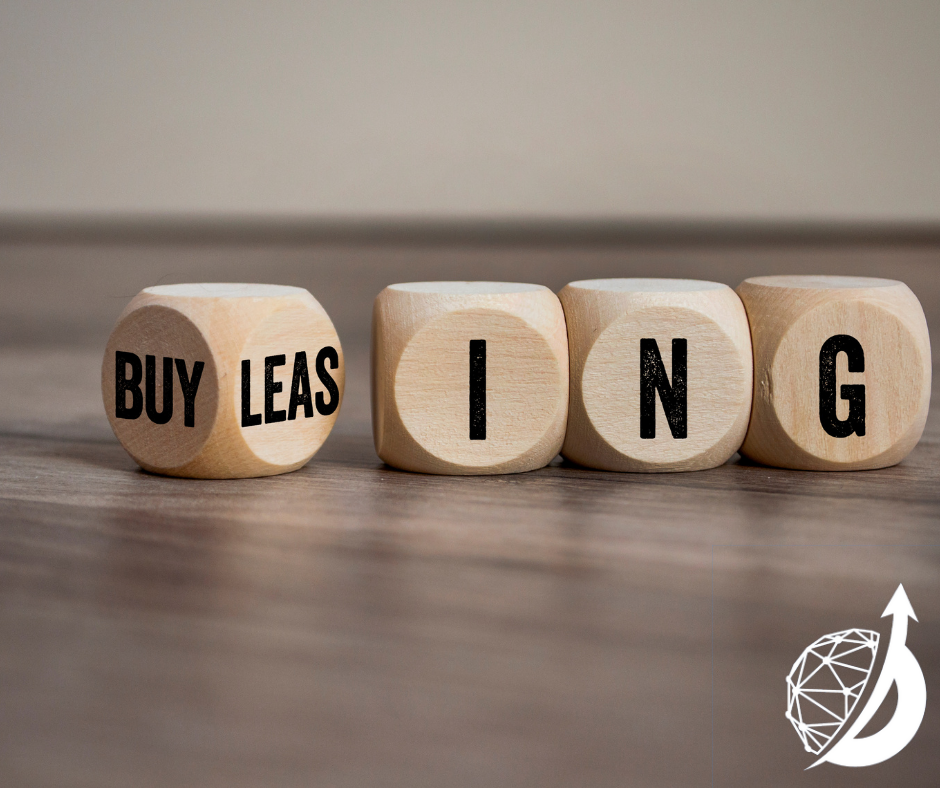Leasing vs. Buying a Fleet Vehicle

The decision to lease or buy your fleet of vehicles… what is better for your business? The truth is, nobody can make that decision for you. The best option for you and your business is going to be wholly dependent on your specific scenario. There are, however, pros and cons associated with both options and utilizing a fleet management service can help guide you toward the best option for you.
Because most of us are familiar with the process of buying a vehicle, let’s look at the benefits of owning.
Freedom
The most obvious benefit to owning your own vehicles. There are no imposed limitations. The distance your fleet travels every year is fully up to you, as there are no mileage or wear-and-tear limitations involved with owning your own vehicles. You are also free to sell and remove vehicles from your fleet without any penalties or fees.
Pricing
Buying in large quantity, continued purchasing, and referrals may allow you to leverage for lower per unit prices when buying a fleet. Partnering with a fleet management service can also give you access to OEM discounts that would otherwise be unavailable from retailers.
Tax Benefits and Equity Reinvestment
As your vehicles depreciate you can use this to help offset profits and lower what you will owe in taxes. In addition, your vehicles will gain equity over time. As you pay down what you owe on them, the value of your fleet will be greater than what is owed. That positive equity can then be reinvested into your business. With leasing, the earned equity stays with the lessor.
Buying sounds pretty good. Before you make a decision, let’s look at how leasing can be beneficial.
Preservation of Capital
Leasing agreements typically have lower monthly payments than purchases. This will allow you to utilize that capital in other core business functions all while still having the benefits of new vehicles in your fleet.
Maintenance and Vehicle Replacement
Since leased vehicles are usually new, less maintenance is required and the vehicles will have better fuel economy. This means more vehicle uptime in addition to lower maintenance and fuel costs. Some lease agreements will even include options for regular preventative maintenance.
Replacing vehicles is as simple as deciding how long your lease lasts. It is common for leases to last three to five years. That means regularly having new vehicles in your fleet. There is also less cost and liability involved with leasing a vehicle, allowing for greater flexibility in replacing vehicles.
Less Paperwork
Leasing agreements come with less administrative tasks. You do not own the vehicle, your business is not on the vehicles’ title, or registration, and you will not be responsible for taxes owed. Tag and license renewal, title retention payments, and property taxes are up to the leasing agency.
As is evident, both options have their benefits. To make the decision easier for you and your company, a fleet management service can help you navigate what would be best for your scenario. For help with deciding whether to lease or buy, Onward has experts available to offer guidance and information. Contact us at our website, email us, or give us a call at (405) 215-9068. Our team will be happy to help.
